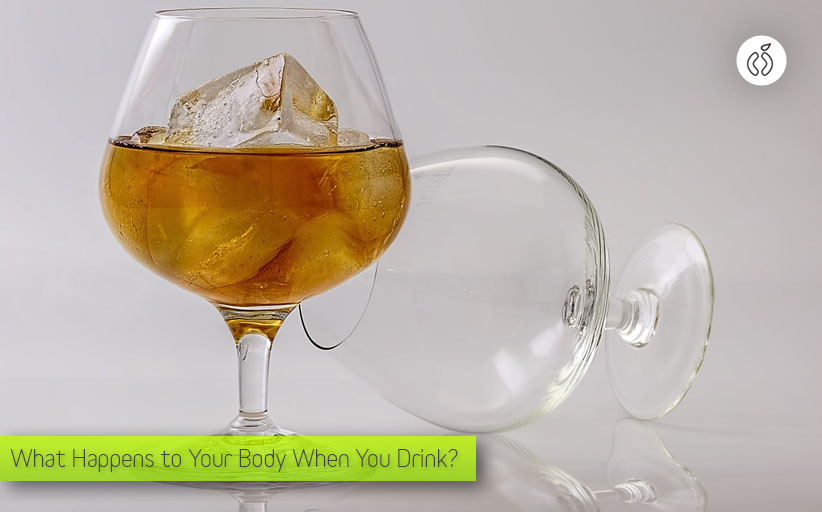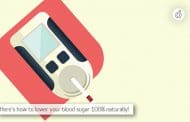Coming into the festive season most people’s focus starts to shift away from their health and self care and on to seeing friends and relatives, giving and receiving gifts and relaxing with a break from work commitments. Office parties and annual meet-ups between groups of friends are a fixture at this time of year. Such gatherings rarely involve a healthy menu, nor do they often take place at a time that facilitates a regular sleep schedule. Whatsmore, parties and other social gatherings usually revolve around alcohol. Because of this, it can be tricky to strike a balance between staying healthy and having a good time.
I love meeting up with old friends to catch up and chat about life. I’m also the first to admit that a few alcoholic drinks can really add to the enjoyment of these occasions. I like to be sociable and I find that drinking in moderation is much easier (and more enjoyable!) than constantly having to refuse hospitality. However, I know that this social drinking has a cost to my health. In this article I’m going to take a closer look at what happens to your body when you drink alcohol. Once you understand this, you can make better choices about how to enjoy yourself and minimize the harm alcohol can do to your health.
Alcohol and Your Body
Primitive alcohol was first made around 12,000 years ago, so humans have been consuming alcohol for a long time. Despite the drink’s long history, there are a host of negative health consequences to drinking alcohol and, although there may be some benefits to a moderate consumption of some types of alcohol (which I’ll mention again later), all alcohol consumption has at least some detrimental effects. Alcohol contributes to a range of negative health outcomes including addiction, cancer, heart disease, depression, brain disease and liver disease. So why is alcohol just as popular as ever?
Intoxication
Alcohol’s popularity is no doubt due to the the first and most obvious of it’s effects: intoxication. Mild intoxication from alcohol is the state popularly known as being drunk or “buzzed”. This altered state of consciousness results soon after alcoholic beverages are consumed and causes slurred speech, clumsiness, reduced shyness, impaired judgment and elevated mood.
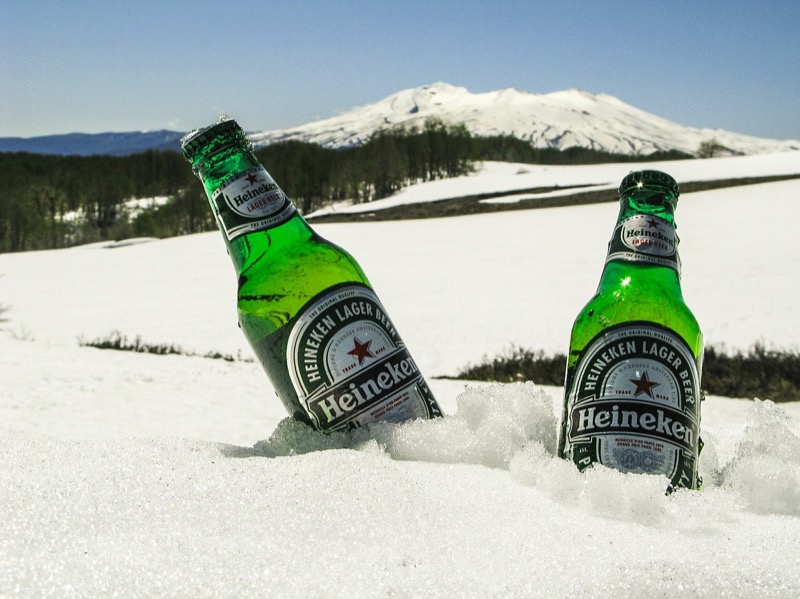
When you drink alcohol the active ingredient common to all alcoholic drinks, ethanol, is broken down by your liver like any other toxic substance. If your liver can’t break down the ethanol fast enough then alcohol enters your bloodstream causing the range of effects mentioned above. Alcohol is a classic example of the old adage that “the dose makes the poison”. At lower doses the effects of alcohol intoxication are enjoyable, but as the amount of alcohol consumed increases the effects on your body become progressively less desirable.
At the lower doses most people are familiar with intoxication leads to positive feelings and euphoria, a feeling of warmth and flushing of the skin as well as decreased inhibitions. As increasing amounts of alcohol are consumed, balance, muscle coordination and decision-making are impaired. This is what contributes to the erratic or violent behavior of someone who has had “one too many” drinks. Vomiting and nausea are also common effects of higher doses of alcohol. Sufficiently extreme doses lead to loss of consciousness, coma and death.
Just in the same way that eating too much of any type of food can become a problem, drinking too much alcohol can remove its positive or desirable effects on mood and replace them with problems ranging in significance from mildly unpleasant to fatal.
Dehydration
One detrimental effect of drinking alcohol is that it results in dehydration, the main culprit behind hangovers. On closer examination this can seem a little counterintuitive, sure alcoholic drinks contain ethanol, but they are still mostly water. So how do they cause dehydration?
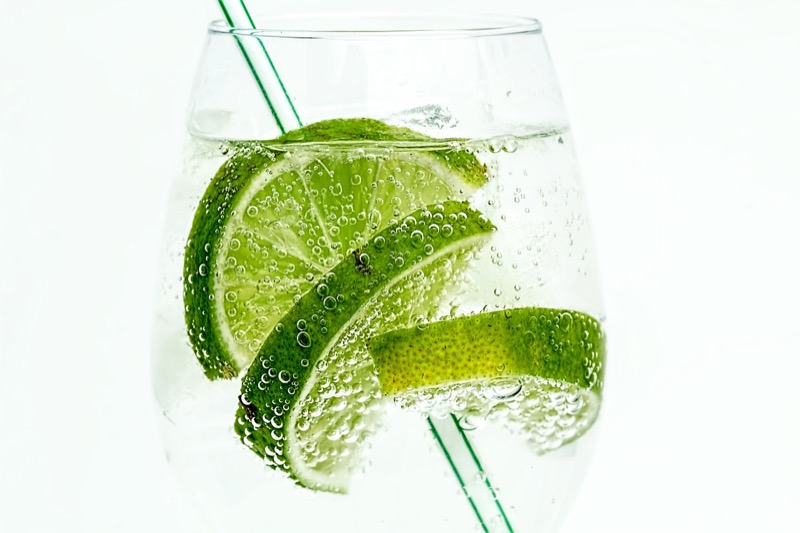
Dehydration as a result of alcohol consumption has to do with the effect alcohol has on your hormones. Let me give you some background. Normally, if you’re really dehydrated your body senses that its water reserves have a high concentration of certain salts (less water + same amount of salt = higher salt concentration). This signals to the pituitary gland in your brain to produce a hormone called antidiuretic hormone, ADH (or Vasopressin). ADH minimizes the amount of water you lose through urination. Drinking alcohol reduces the amount of ADH you make, causing you to urinate more. Each shot or equivalent amount of alcohol increases the volume of urine you produce per hour by about 150% to 200% depending on your weight.
Drinking extra water to compensate for the increased urination is not completely effective at preventing dehydration. You’ll only retain between a third and a half of the extra water you drink and still end up dehydrated, just less dried out than you would have been without the extra water.
Sleep
Most of the time people end up drinking alcohol in the evening close to bedtime. This, along with alcohol’s relaxing effect make it no surprise that alcohol has a significant effect on the quality of your sleep. Consuming alcohol before bedtime makes it more difficult to get an uninterrupted night’s rest and is detrimental to the quality of any sleep you do have. Moderate consumption of alcohol disrupts sleep once the alcohol has been completely metabolized. This means that if you sleep for 8 hours after a night partying the second half of your time in bed will be less restful than normal sleep.
It is often said that alcohol helps sleep. Many people claim to sleep better after having a drink or two. Empirically, low doses of alcohol do improve sleep by increasing the total time spent sleeping and reducing the number of awakenings during a night. However, this effect is only present at very low doses, i.e. one small glass of wine. Additionally, any benefit to sleep quickly dissipates when people are more experienced with alcohol. Experienced drinkers are more likely to be stimulated by alcohol than have their sleep improved.
Still, given that with exposure alcohol eventually degrades sleep quality you would do better to find other, more sustainable ways of getting a good night’s sleep like these tips.
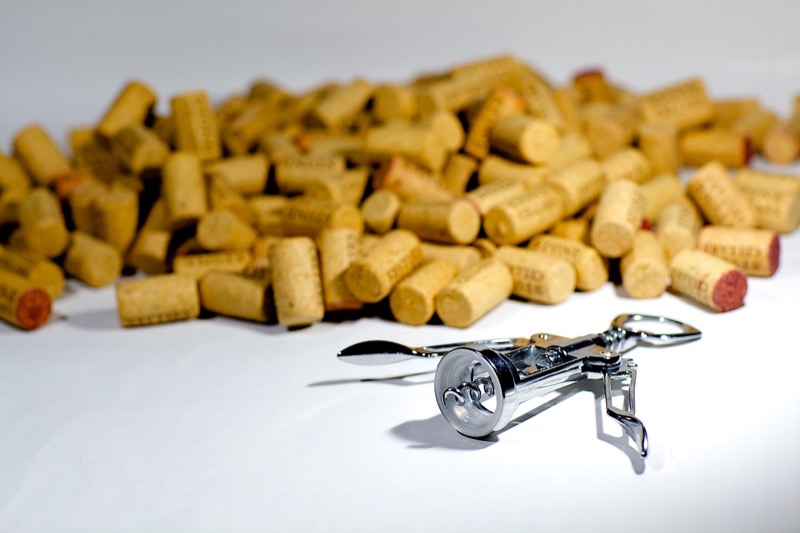
Hangovers
One big problem with drinking alcohol is that it often causes problems the morning after an evening of alcoholic excess. The medical term for an alcohol hangover veisalgia comes from the Norwegian word Kveis, which means “discomfort after overindulgence”. And that is exactly what a hangover is: discomfort after overindulgence. The headaches, nausea, drowsiness, concentration problems and anxiety that follow excess drinking can all severely disrupt your health and your productivity.
While anyone who has had one knows that they are unpleasant, the exact mechanism that causes a hangover is still somewhat uncertain. The sleep disruption from a night’s drinking, dehydration, the way you metabolize alcohol as well as chemicals in alcoholic drinks called congeners all play a part in causing hangovers.
If you want to minimize the painful effects of a hangover and get right back to your healthy lifestyle with minimum disruption there are certain steps you can take. Firstly, eat some good quality fats and protein before you go out to socialize. Fried eggs and avocado with balsamic vinegar is my favorite pre-party meal, but any of the foods here would be fine. Secondly, drink clear distilled spirits instead of wines or beers. Vodka, gin and tequila have fewer toxic by products than other alcohols. Lastly, drink one glass of water for every alcoholic drink you consume, preferably at the same time.
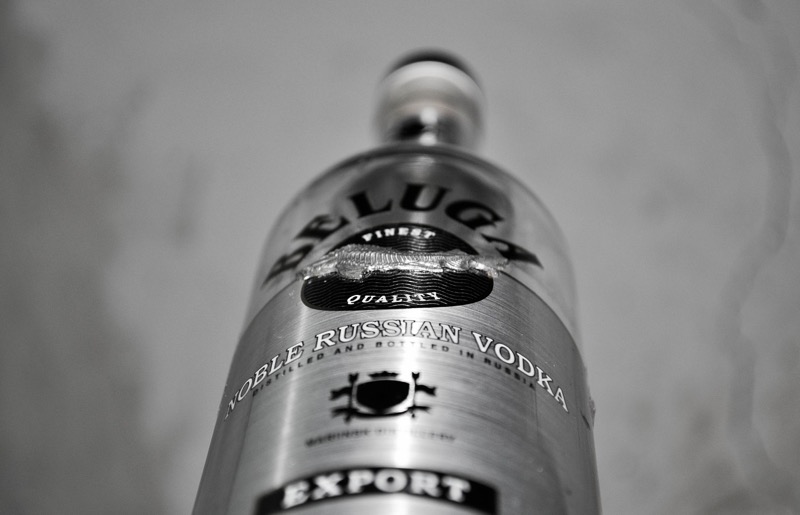
If you really need to drink something, prefer Vodka or Gin
Conclusion
While low-level consumption of alcohol, red wine in particular, has been linked to health benefits like helping cancer, depression and dementia, all alcohol consumption has significant health risks. There are better ways of getting these benefits without incurring the risks.
However, alcohol has been an enduring element of social events for thousands of years. There’s nothing wrong with using alcohol to help you relax and bond with your friends. Just be aware that this comes with a cost to your health. Drinking alcohol occasionally is perfectly compatible with a healthy lifestyle. As long as you go into the party spirit with your eyes open, knowing how you’re affecting your body when you drink you shouldn’t go too far wrong.
How you drink can be just as important as what and how much you drink. I like to reserve my alcohol use for special occasions. I find that this is a good way of keeping alcohol consumption to a minimum and making sure I really enjoy it when you do indulge. If you drink very occasionally and in moderation I’m sure the benefits in terms of relaxation and social interaction compensate for the harm alcohol does to your health. Maybe that’s wishful thinking, but we all need a break now and then!
If you’re going to a party with people who care about their health why not share this with them. If this article helped you preserve your health AND celebrate I’d love to hear how in the comments below.
